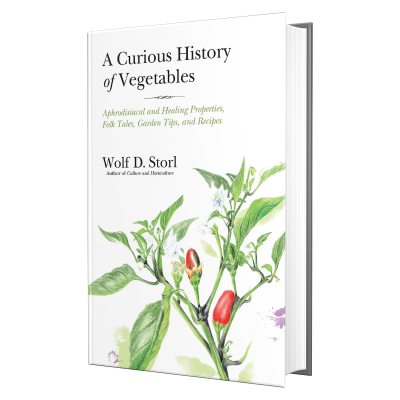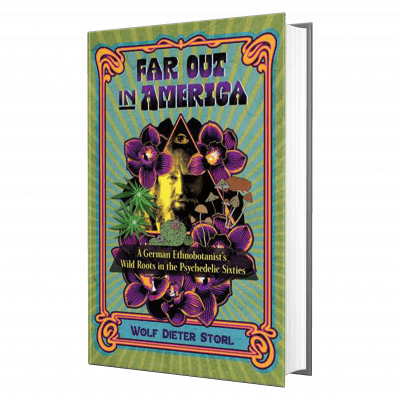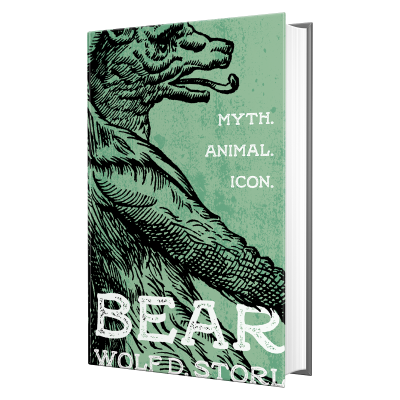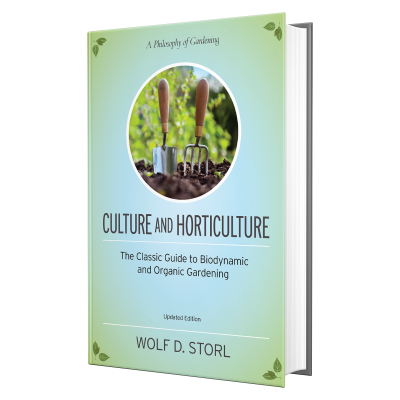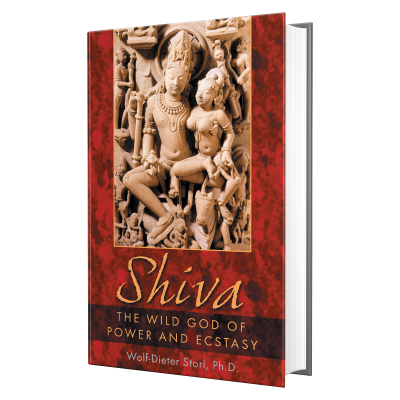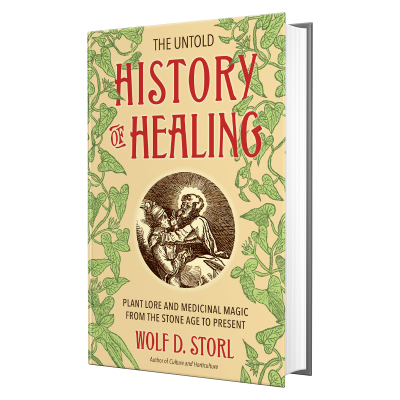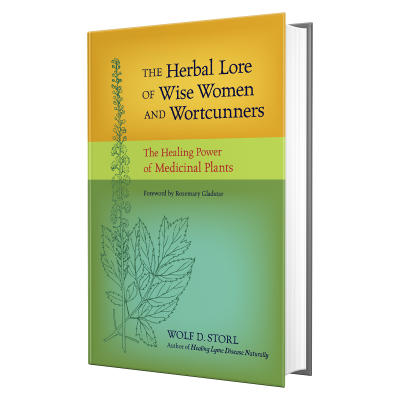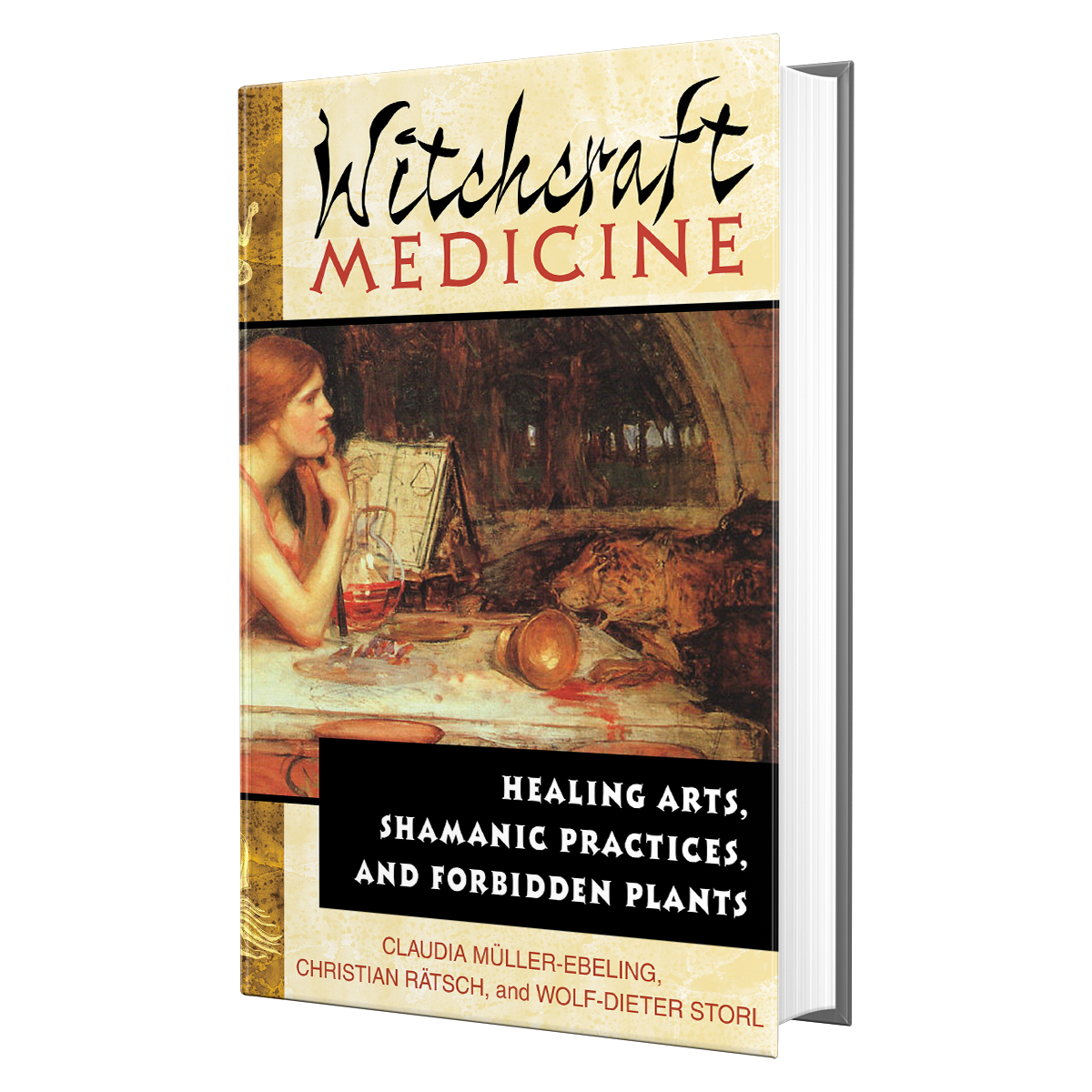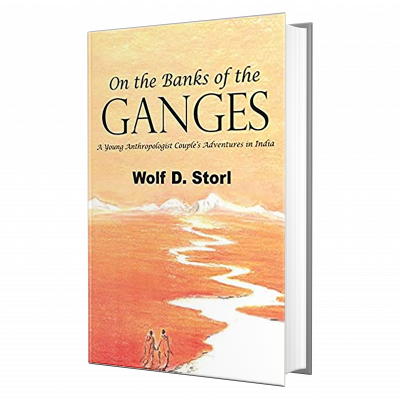On my website I invite you to discover the world of ethnobotany and ethnomedicine. We also delve into the forest, its medicinal plants and edible wild herbs, natural gardening and self-sufficiency, as well as the way of life and spirituality of indigenous peoples.
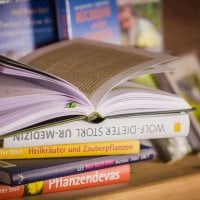
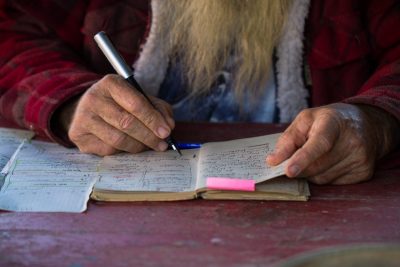
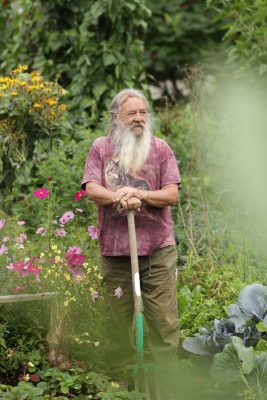
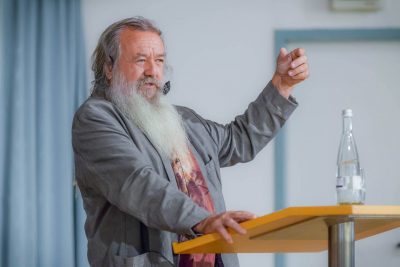
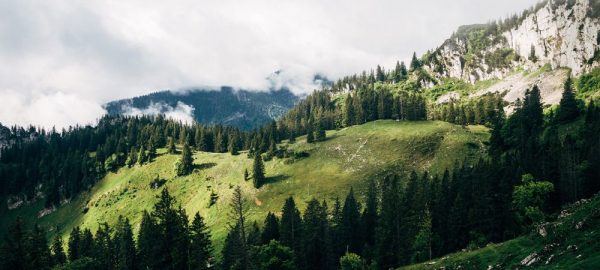
My Books in English
The heart and its healing plants
An ethnobotanical look at ancient heart beliefs, heart-strengthening herbs, and folk remedies for cardiovascular diseases
A Curious History of Vegetables
Aphrodisiacal and Healing Properties, Folk Tales, Garden Tips, and Recipes.
Far Out in America
A German Ethnobotanist’s Wild Roots in the Psychedelic Sixties.
Bear
Myth, Animal, Icon.
Culture and Horticulture
The Classic Guide to Biodynamic and Organic Gardening.
Shiva
The Wild God of Power and Ecstasy.
The Untold History of Healing
Plant Lore and Medicinal Magic from the Stone Age to Present.
Healing Lyme Disease Naturally
History, Analysis, and Treatments.
Herbal Lore of Wise Women and Wortcunners
The Healing Power of Medicinal Plants.
Witchcraft Medicine
On the Banks of the Ganges
"“People tend to divide the world into two parts: on the one hand nature, the wilderness, a ‘bad’ place - and on the other side civilization, the orderly world, the ‘good’.
I chose wild, untamed nature and from then on, I spent every free minute in the forest, in the great outdoors. There was an entire universe to discover."– Wolf-Dieter Storl
“People tend to divide the world into two parts: on the one hand nature, the wilderness, a ‘bad’ place – and on the other side civilization, the orderly world, the ‘good’. I chose wild, untamed nature and from then on, I spent every free minute in the forest, in the great outdoors. There was an entire universe to discover.”
Dr. phil. Wolf-Dieter Storl
Wolf-Dieter Storl, born October 1, 1942, in Saxony, Germany, is a cultural anthropologist and ethnobotanist. At the age of eleven he emigrated to America (Ohio) with his parents, where he spent most of his free time in the forest wilderness.
Academic Career
When he was nineteen, he enrolled as a botany student at Ohio State University, but bored with dry laboratory work, he soon switched to anthropology. After graduation, he became an assistant, then full-time lecturer in sociology and anthropology at Kent State University (Ohio). In 1974 he received his doctorate in ethnology (magna cum laude) as a Fulbright scholar from Bern, Switzerland. This was followed by teaching positions at the Institute for International Studies (Vienna), at Rogue College (Oregon), at the Seminary pour la Formation de Socio-Therapeutes (Geneva), as a guest lecturer for cultural ecology at the University of Bern, as a visiting scholar at the Benares Hindu University, as an adjunct professor at Sheridan College (Wyoming).
Folk medicine is a holistic view that includes body, soul, spirit, cultural tradition, ancestral knowledge, and the nature that surrounds us.
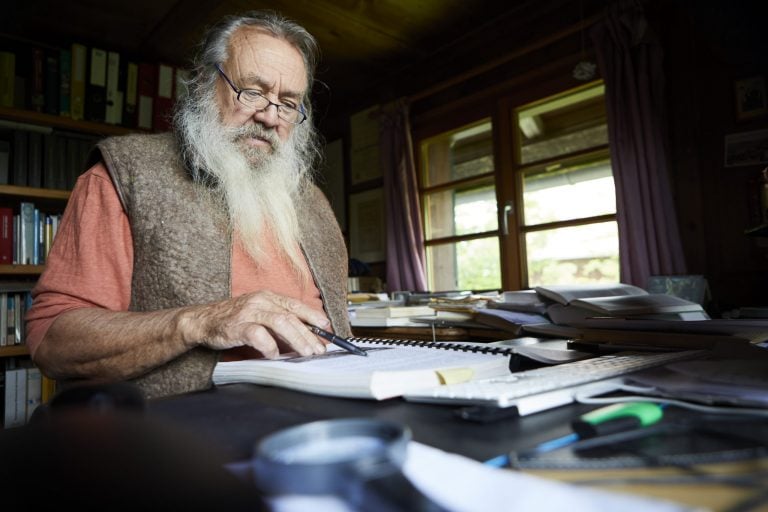
Research & Publications
Numerous trips, as well as ethnographic and ethnobotanical field research shaped Storl’s thinking. His insights into a spiritualist settlement in Ohio, a Camphill community south of Geneva, Switzerland, among biodynamic farmers in the Emmental, Cheyenne medicine men and Shiva sadhus in India and Nepal are reflected in numerous later publications, some of which were translated (into 15 languages).
The first German-language book, Der Garten als Mikrokosmos (as a modified new edition of “Der Kosmos im Garten”, AT-Verlag, 2001), and in English, Culture and Horticulture (North Atlantic Books), an “anthology” of his intensive five years of experience as a biodynamic gardener, was first published in 1984.
Since then, he has published over twenty-five works with various Publishers in Germany, such as Hugendubel, Random House, Gräfe & Unzer, Kosmos, Heyne, Knaur and others. In English he has also published: The Herbal Lore of Wise Women and Wortcunners, A Curious History of Vegetables, BEAR, and The Untold History of Healing at North Atlantic Books, and Witchcraft Medicine and Shiva: the Wild God of Power and Ecstasy at Inner Tradtitions, as well as his recent autobiographical book, Far Out in America with Arcana Europa.
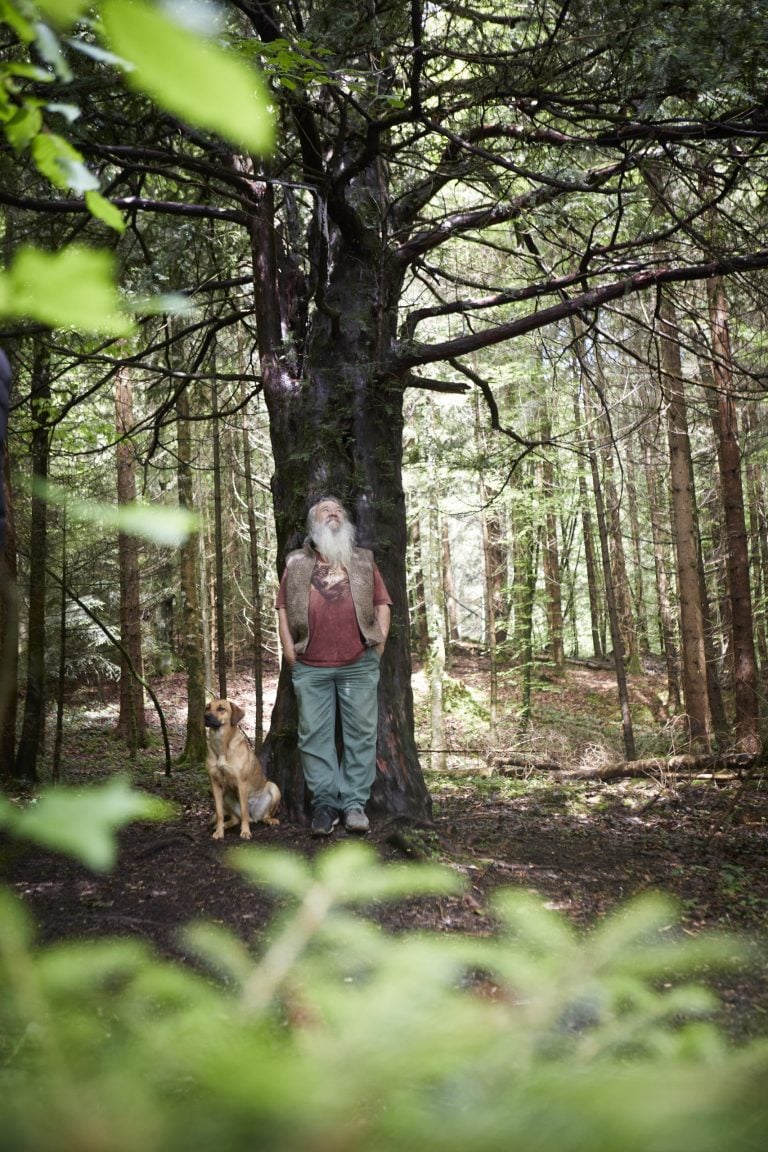
I was always connected to the forest, even as a child. The forest is a wonderful place. It has shaped us human beings physically and mentally.
Wild, primordial nature was always his inspiration, formed his philosophy of life. For him, plants are not only botanical objects, but also have a cultural, linguistic, medicinal and mythological identity through their interrelationship with humans.
The scholar, speaker and author lives with his family in the Allgäu.
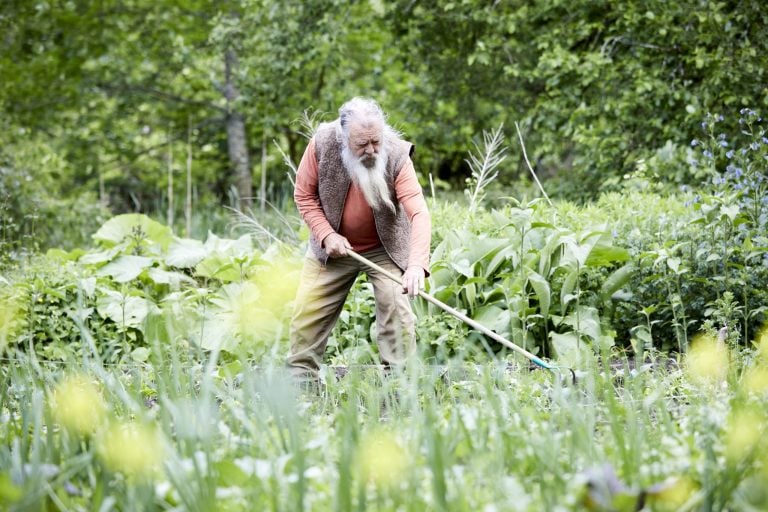
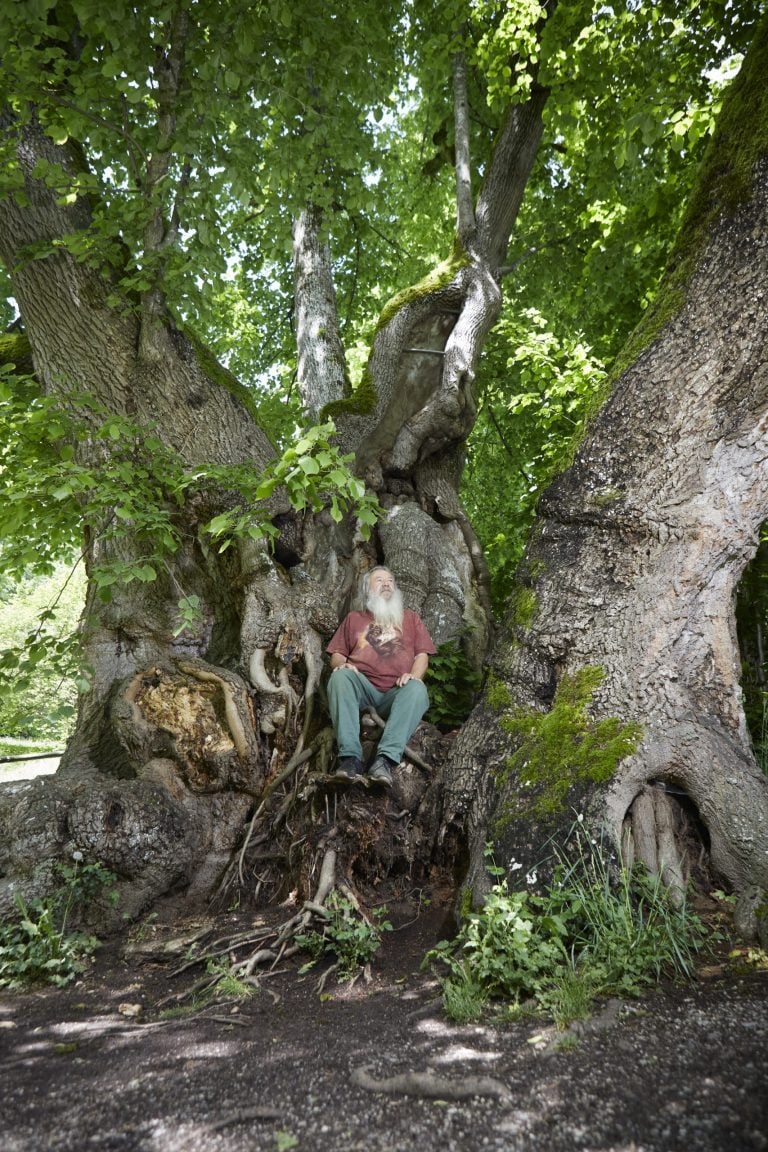
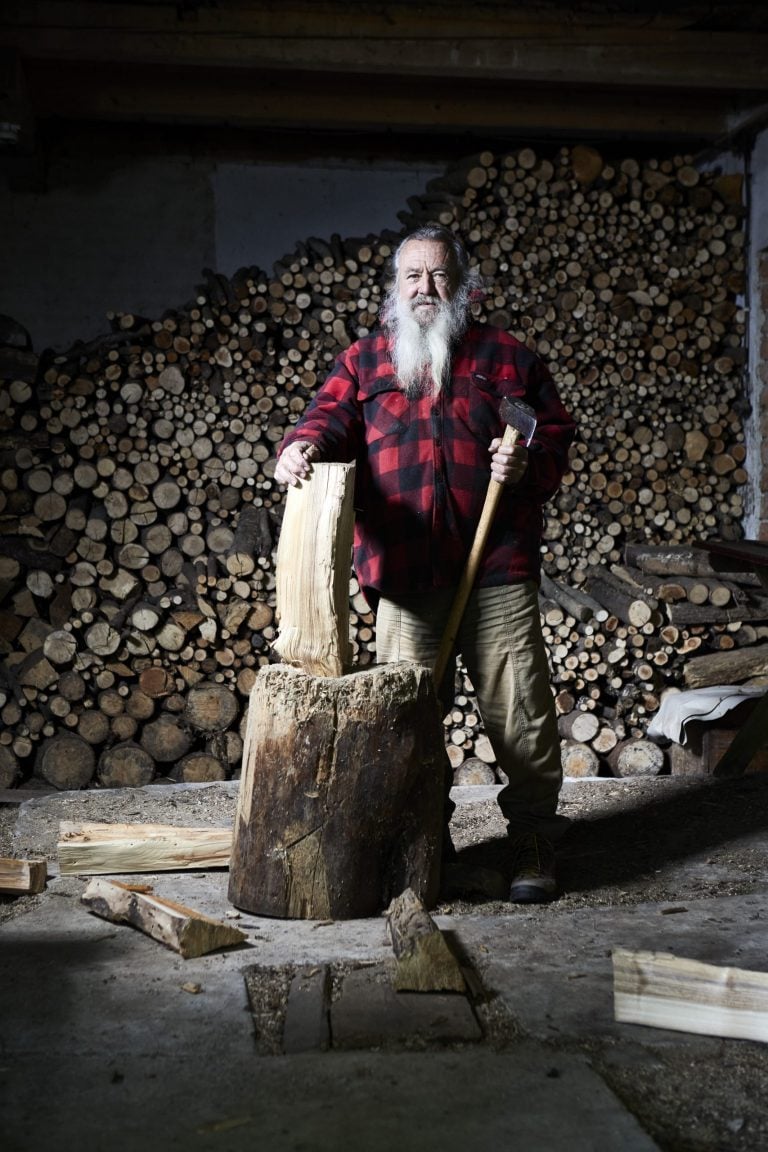
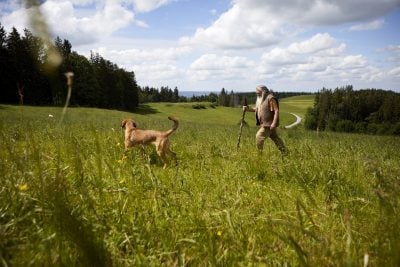
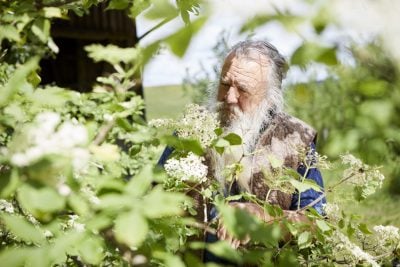
Discover Wolf-Dieter's Themes
Botany & Ethnobotany Forest Knowledge Mythology & Traditions
Self-sufficiency & Gardening Shamanism Health & Phytotherapy


